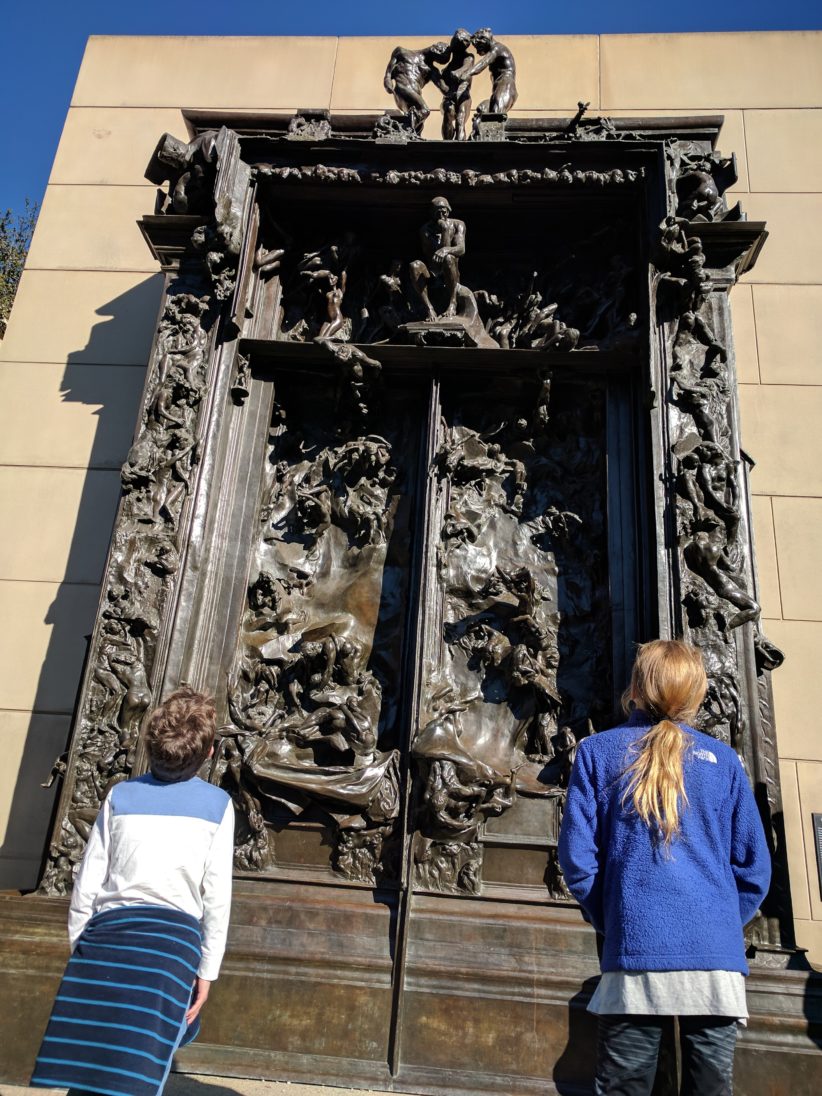Resolutions get an understandably bad rap at this time of year. Many people make empty commitments to implement change that are discarded almost as quickly as they are publicly announced.
Go beneath the surface to understand the origins of the word and you might find a concept directly applicable to burnout in medicine.
Etymology is the study of the origin of words and how their meanings have evolved over time. In med school I became genuinely interested in the history of medicine.
I devoured books that made the scientists whose names graced the various eponyms (diseases, clinical signs or anatomical features named after a person) we studied into memorable human beings with quirks and charms. I best remembered eponyms when I developed a mental image of the person behind the science.
Digression break!
Boerhaave's syndrome describes a tear in the esophagus that occurs after forceful repeated vomiting, leading to an infection in the chest that (at the time it was described) was uniformly fatal.
The pre-clinical years of med school can be described as 2 years where you are required to memorize 10 horrible ways to die every day.
Until I learned about the physician for whom it was named, the distinguishing feature of Boerhaave's syndrome was in being a way to die that was slightly harder to spell.
Boerhaave was a Dutch physician born in the mid-1600s who developed a model of clinical instruction that was later adopted by much of Europe. His students burnished his name by going on to impressive academic careers throughout Europe.
In his lifetime, royalty sought out Boerhaave to teach their children and treat their ailments.
He is know to have conducted a single experiment where he placed a cat, a dog and a sparrow into a sugar baker's oven and timed how long it took each of them to die (credit: Fielding H. Garrison, An Introduction To The History Of Medicine).
By digging below the surface, yet another horrible way to die became a narrative of a celebrity physician with a strangely sadistic streak toward animals whose reputation among royals may have eclipsed his actual scientific knowledge.
An image formed in my mind: perhaps he was the charismatic equivalent of Dr. Oz venturing to offer opinions well beyond his field of expertise cardiac surgery. "Your poop should be S-shaped and hit the water like an Olympic diver without much splash." Yeah. Sure. Science.
But back to the lecture at hand
Let's take the same microscope of etymology and apply it to the word resolve.
Re (Latin, intensive force) + solve (Latin, loosen).
The words encompasses multiple meanings, including:
- To separate into components
- To dissect or analyze
- To settle on a course of action
- To return to baseline
All of these meanings can infuse the concept of a New Year's resolution.
If you consider the idea that a career in medicine is a dynamic journey instead of a single endpoint, it makes intuitive sense that how you relate to that journey will change over time.
- You may choose to end it and board a different train.
- You may slow down the speed.
- You may alter the destination (Academics? Pharmaceutical? Startup consulting? Telemedicine? Community practice?).
You journey in medicine is puzzle that will require periodic reevaluation. A solution that worked early in your career may not serve you will in mid-career.
Take a moment to re-solve the puzzle of your relationship with medicine anew.
This new year, please consider a different sort of resolution.
Spend a little time to reflect on where your journey is headed; whether your destination has changed; and how fast you can safely get there without jeopardizing your well-being.

